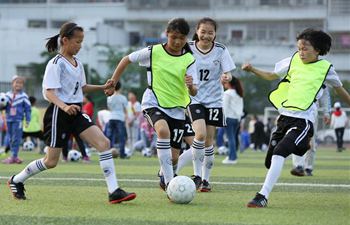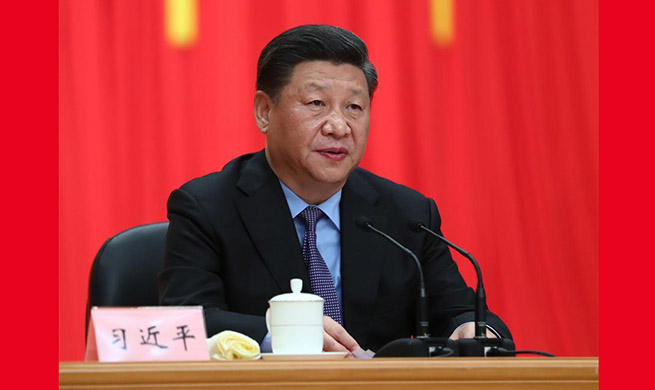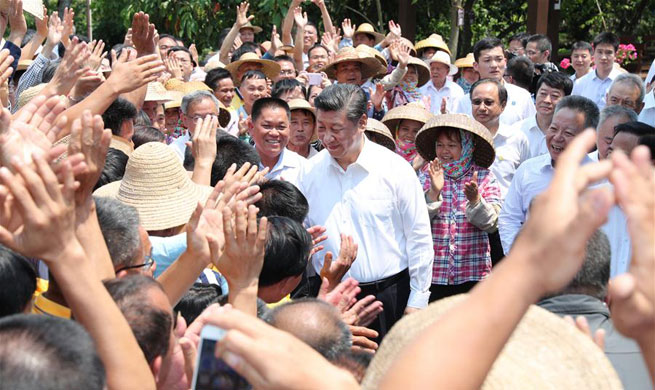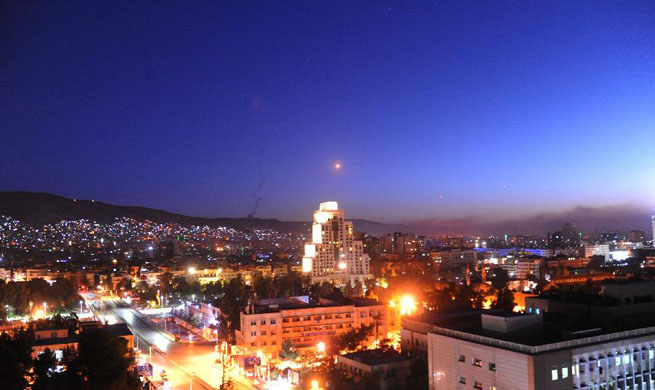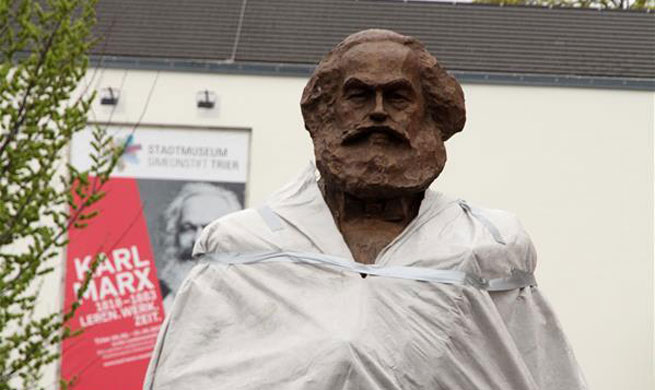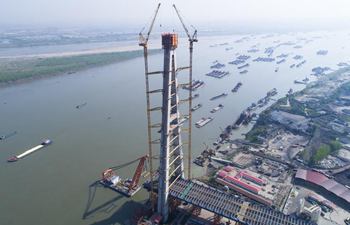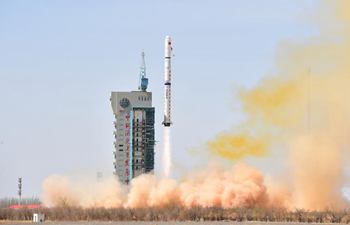BEIJING, April 14 (Xinhua) -- A series of new policies on anticancer drugs in China will give hope to the country's cancer patients.
According to the statement released after an executive meeting of the State Council on Thursday, from May 1, import tariffs on all common drugs including cancer drugs, cancer alkaloid-based drugs, and imported traditional Chinese medicine will be exempted.
Also, value added tax in the production and import of drugs will drop by a large margin, which experts believe will be more effective in easing the economic burden of patients.
With various measures taken into consideration, it is estimated that the policies will lower the drug prices by at least 20 percent, said Shi Luwen, director of the international research center on medicine management at Peking University.
The measures will significantly enhance the availability and inclusiveness of the drugs, reduce the burden of patients' families, and will help prevent poverty caused by illness, he said.
Statistics indicate that many cancer patients in China have been struggling to acquire cheap, quality medicine.
According to the national cancer institute, the market for antineoplastic drugs in China exceeds 120 billion yuan (about 19.1 billion U.S. dollars). However, they are usually too expensive for working class families.
"We are speeding up in making high-quality generic drugs available in the market, but most of the targeted anticancer drugs were still imported," said Liu Lihong, a doctor at the Beijing Chaoyang Hospital.
Chen Wenming, another doctor at the hospital, said that despite social insurance, patients in Beijing still have to pay 20 percent of the total price of the drugs. The percentage is even higher in less developed areas.
For this, the State Council put forward a solution at the meeting, asking for the timely inclusion of imported new drugs in the range of medical insurance, especially urgent cancer drugs.
In addition, the import procedures of new medicine will be streamlined, as importing enterprises will take charge of the examination of the drugs, instead of compulsory examination by authorities.
"It will make it easier for patients to access the drugs in terms of timing," said Shi Luwen. "It also adds to the enterprises' responsibilities to ensure the quality and safety of the drugs, while saving their time."
As for the long term, experts are expecting higher capabilities of medical institutions on the grassroots level, and the balance of the share of drugs in different areas, so that urgent medicine including anticancer drugs can more efficiently and accurately benefit the people.
"More measures will soon be implemented to make sure those in urgent need of medicine can get sufficient, quality and cheaper drugs in time," the National Health Commission said.






